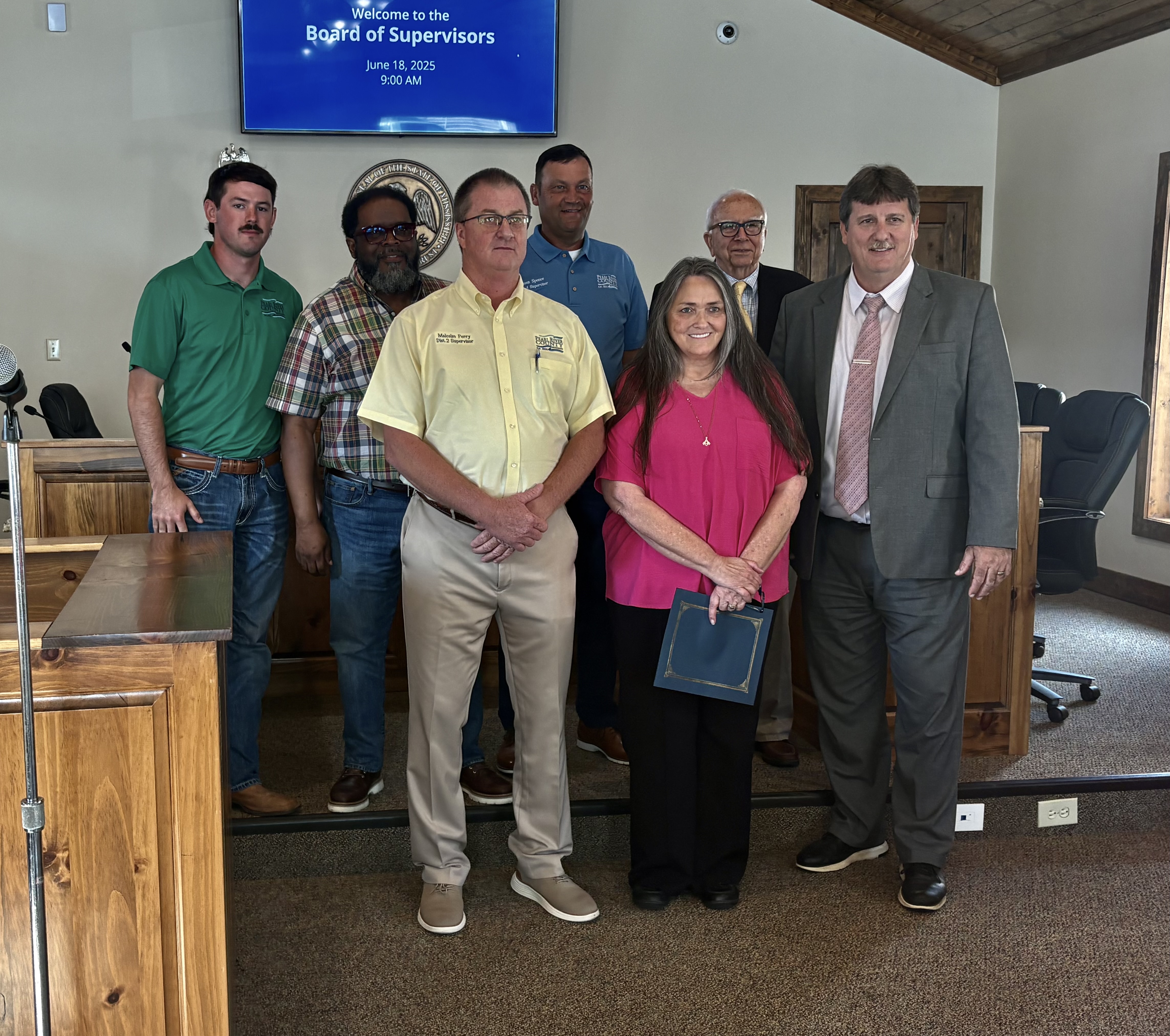MSU plans upgrade for research supercomputer
Published 4:36 pm Friday, September 1, 2006
Joel Martin, a grad student at Mississippi State University, is helping to figure out when New Orleans might have to be evacuated again.
He’s helping meteorologists predict the path of future hurricanes by analyzing what happened to past hurricanes when certain weather patterns changed. Those sorts of complicated calculations simply cannot be done on a regular desktop computer. The data wouldn’t even fit on the hard drive of a home system.
For his complex arithmetic, Martin uses MSU’s supercomputer that is about to get a $6 million upgrade, making it one of the fastest in the world.
“On a standard computer system, it would literally take years of processing time” to sort through some of the data that MSU’s computer treats like simple algebra, said David Shaw, director of the Georesources Institute, part of the university’s High Performance Computing Center.
The upgrade also will help the university attract research funding.
Of the $154 million in external research funding the university received last year, $42 million, or 27 percent, came through the computer center’s five offshoots: The Center for Advanced Vehicular Systems, the Center for Department of Defense Programming Environment and Training, the Georesources Institute, the SimCenter and the Center for Computational Science.
Martin said having such a mind-blowingly fast computer is not only convenient, it’s necessary to do some research.
For a decade until last year, MSU’s supercomputer was ranked in the top 500 in the world, reaching as high as 127 in 2002.
As everyone else’s got faster, MSU’s rank fell.
The upgrade planned for the next few months should place it at 73rd, said Kirk Schulz, MSU’s engineering dean.
Both Jackson State University and the University of Mississippi also have supercomputers, but neither has ever been ranked in the top 500 in the world.
Overall, when the state’s supercomputers are linked together, Mississippi ranks 7th in the United States in computing capability, Shaw said.
So what makes a supercomputer so fast? Volume.
Today’s supercomputers — a term that’s going out of style and being replaced with “high performance computers” — are really many computers or many processors linked together to act as one. They’re incredibly powerful.
A supercomputer can run a calculation in a few minutes that other computers take months to complete.
Roger Smith, systems administrator at the computing center, said financial institutions, government agencies and universities generally dominate the top 500 list.
That means high-tech simulations — and not just about hurricanes — can be run on them to help researchers design better cars, better rocket ships, better airplanes.
Take vehicle crash tests, for example. It used to be, an auto company would have to build several cars just to crash them into things, measure how they did and try again.
“Now, a lot of that can be done in a simulated environment,” noted Smith.
Eric Collins, a grad student from Kansas studying computational engineering at MSU, is working on such “virtual testing.”
“It allows you to go a lot further in the design process before you have to cut metal and test it,” he said.
That ends up saving money and time, and also leads to better products, he said.
He’s hoping to parlay his experience on MSU’s supercomputer into a career designing better rockets for NASA.
“Designing a rocket has been pretty much a trial and error process for the last 50 years,” he said.
He aims to change that.





